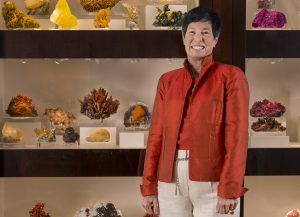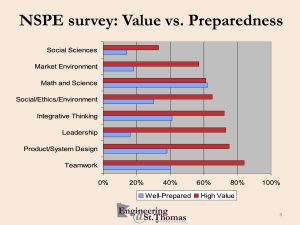The King of Cool
Frederick McKinley Jones was born in 1893 in Covington, Kentucky, to an Irish father and African-American mother. He was an orphan by the time he was nine. He left school after sixth grade and took a job as a garage cleaner at age 11. He was promoted from cleaner to automobile mechanic by age 14, and later to garage foreman.
In 1912 he moved to Hallock, Minnesota, where he worked as a mechanic on a 50,000-acre farm owned by James J. Hill. Jones stayed in Hallock for 20 years, later saying it was a place “where a man … [was] judged more on his character and ability than on the color of his skin.”
During World War I, Jones served in an all-Black unit in the U.S. Army. He used his mechanical skills to equip his camp with electricity, telegraph and telephone service, and earned a promotion to sergeant. Back in Hallock after the war, Jones built a transmitter for the town’s first radio station and invented a device to add sound to motion pictures.
Entrepreneur Joseph Numero hired Jones in 1927 as an electrical engineer to improve the audio equipment made by his Minneapolis firm Cinema Supplies Inc. Jones developed methods for converting silent-movie projectors to add sound and patented a ticket-dispensing machine for movie theaters.
In part to win a $6 bet with a friend who owned a shipping company, Numero asked Jones to create a portable refrigeration system that would keep food fresh in transit. Jones built three prototypes, using junkyard salvage for materials. His third, the Model C, was compact, light, and resistant to vibration. Numero and Jones founded Thermo King in the late 1930s.
Their first major customer was the U.S. armed forces, which used Thermo King equipment to preserve blood, medicine and food for use in army hospitals and battlefields during World War II. By 1949 Thermo King was a $3 million business, supplying portable cooling units to commercial customers. The company has been an industry leader ever since.
Fred Jones earned 61 patents during his lifetime; 40 of them were related to refrigeration. His nicknames included “Father of Refrigerated Transportation” and “King of Cool.”
We see two lessons in this story. If you’re a manager or mentor, look at talent and initiative, not just credentials. And if you’re an engineer or scientist, remember that you can be a leader through the power of your ideas.


